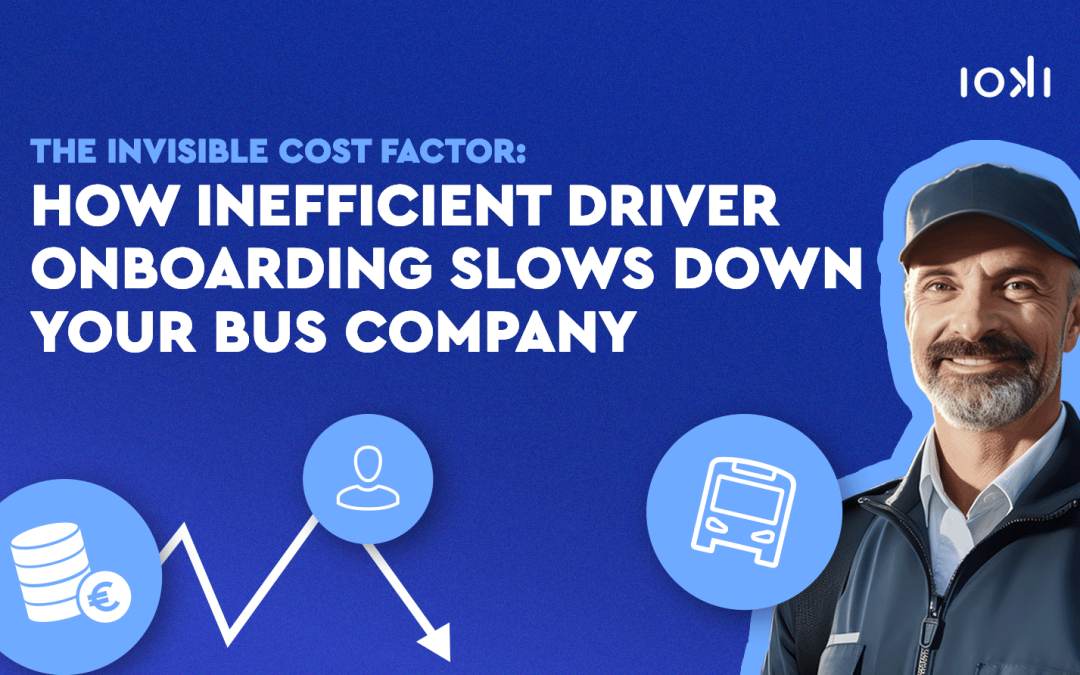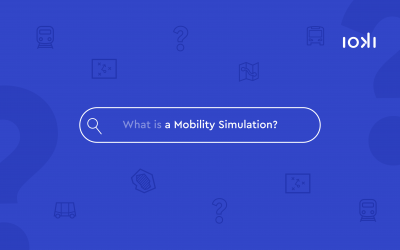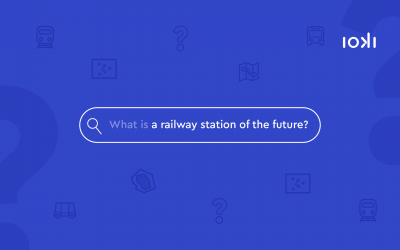The Mobility Analytics & Consulting team from ioki and the rms are exploring several key questions:
- What potential do mobility hubs offer for improving access to public transport in Stuttgart?
- Where do mobility hubs already exist? How can they be sustainably developed and integrated into the cityscape?
- Where are additional mobility hubs needed, and what mobility services should be integrated at these locations?
- Which operational concept will ensure the sustainable success of the mobility hubs?
These and other questions are being addressed in three project phases:
Basic Analysis:
We are analysing the population’s mobility needs and defining measurable goals for a customer-oriented and effective mobility offer.
Concept Development:
Together with the rms, we are developing a network of mobility hubs that offers the residents of Stuttgart a convenient, flexible, and sustainable alternative to private cars.
Implementation Planning:
The rms is in charge of developing an adaptive implementation concept that will ensure the successful implementation of the mobility stations in everyday urban life and thus create acceptance among the population.
Innovative Approach
The project is characterised by its comprehensive view of the entire transport system. It aims to seamlessly connect various transport modes – from traditional public transport to innovative sharing services. This should make mobility possible for all citizens without the need to own a car.
The collaboration between ioki and the rms combines complementary capabilities. While our team focuses on analysis and concept development, the rms has expertise in practical implementation and operation of mobility hubs. This synergy enables the development of a truly holistic and practical concept.
Looking Ahead
With this project, Stuttgart is taking an important step toward a future-orientated sustainable transport system. The overall concept, including its implementation guidelines, will serve as the foundation for expanding and developing an interconnected network of mobility hubs.
We are looking forward to seeing the project results!



